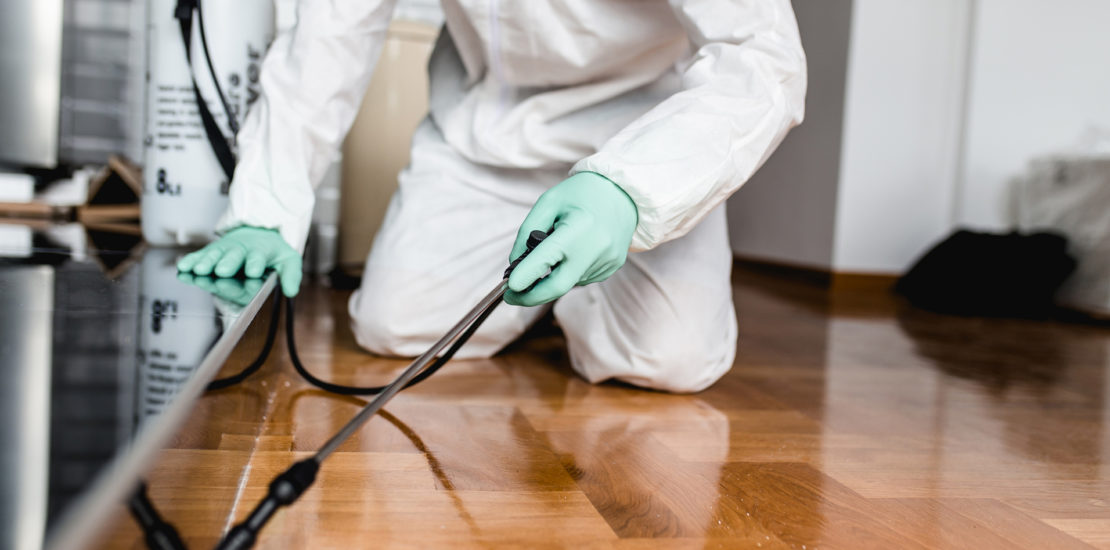Budget-friendly Pest Control Clovis: Solutions Customized to You
Budget-friendly Pest Control Clovis: Solutions Customized to You
Blog Article
Comprehending the Numerous Methods to Parasite Control: A Comprehensive Guide

All-natural Parasite Control Approaches
Using environmentally friendly techniques such as companion planting and organic pest control is important for efficiently managing parasites in farming settings. Friend planting entails expanding different plants in closeness to discourage pests, improve nutrient uptake, and enhance total plant health.
Organic bug control includes presenting natural predators or virus to manage pest populaces. Ladybugs, for circumstances, feed on aphids, regulating their numbers without the need for chemical pesticides. Another instance is the use of Bacillus thuringiensis (Bt), a microorganism that targets particular insect parasites while being safe to humans, pets, and valuable insects.
These environmentally friendly approaches not only lower the reliance on synthetic chemicals but likewise aid protect biodiversity and dirt health and wellness. By including natural insect control approaches right into agricultural techniques, farmers can accomplish lasting parasite monitoring while lessening negative effect on the atmosphere.

Chemical Parasite Control Solutions
In addition to natural insect control techniques, the application of chemical pest control remedies plays a significant function in successfully taking care of pest populaces in farming settings. Chemical pest control solutions are formulated to target certain parasites that might cause comprehensive damage to plants. These options usually have artificial chemicals that are designed to eradicate pests rapidly and efficiently.
One of the key advantages of chemical pest control solutions is their performance in controlling parasite problems on a huge range. Farmers can apply these services using various approaches such as splashing, fumigation, or seed therapy to shield their plants from unsafe bugs, weeds, and illness. Additionally, chemical insect control options are fairly very easy to use and can supply rapid outcomes, assisting farmers protect their yields and decrease financial losses.
Nevertheless, it is necessary to utilize chemical insect control options carefully to decrease possible adverse effect on the atmosphere, non-target organisms, and human health. Proper application techniques, adherence to security guidelines, and routine surveillance are important to make sure the accountable usage of chemical insect control remedies in agricultural methods.
Organic Insect Control Approaches
Biological bug control comes close to utilize all-natural predators or pathogens to handle parasite populaces in farming setups properly. One common organic control approach is the introduction of natural opponents, such as ladybugs or parasitical wasps, to target specific bugs.
One more organic control approach entails making use of virus like fungi, microorganisms, or infections to infect and kill pests. These microbial representatives can be splashed on plants or presented into the soil to combat numerous parasites without damaging advantageous insects or various other wild animals. Furthermore, making use of pheromones to disrupt the mating patterns of bugs is one more reliable organic control technique. By interfering with their recreation, this technique helps to sites reduce parasite populations without the requirement for chemical intervention. Overall, organic insect control approaches supply a sustainable and targeted solution to pest monitoring in agriculture.
Integrated Insect Monitoring (IPM)
Integrated Bug Administration (IPM) is a comprehensive technique that combines different parasite control strategies to properly handle and lessen pest populaces in agricultural systems. IPM concentrates resource on long-term avoidance of insects through a mix of biological, cultural, physical, and chemical control techniques. By incorporating these different approaches, IPM aims to lower dependence on chemical pesticides, minimize environmental effect, and advertise lasting pest administration methods.
One key aspect of IPM is using organic controls such as all-natural killers, bloodsuckers, and virus to regulate insect populations. This technique uses the power of nature to maintain a balance between bugs and their all-natural opponents without creating injury to the setting.
In addition, IPM involves cultural practices like crop environment, rotation, and cleanliness manipulation to create negative problems for parasites and interrupt their life process. Physical controls such as composts, catches, and obstacles are additionally used to stop bug invasions.
Physical and mechanical Parasite Control Techniques
Using non-chemical methods, such as physical and mechanical pest control strategies, is an important aspect of comprehensive pest monitoring methods, building on the foundation of Integrated Parasite Administration's holistic strategy. Mechanical bug control includes the use of my latest blog post physical obstacles or traps to avoid bugs from accessing and harming plants or frameworks. This method can consist of methods like installing displays on windows, making use of row covers in agriculture, or employing sticky catches to catch pests.
Physical insect control approaches, on the other hand, emphasis on directly removing insects via physical ways. Utilizing heat treatments to get rid of bed bugs or vacuuming up bugs like ants or spiders can be reliable means to handle problems without the usage of chemicals. By integrating these mechanical and physical bug control techniques into an Integrated Bug Monitoring plan, individuals and specialists can reduce reliance on chemicals while still effectively handling pest populaces and decreasing damages.
Verdict

In addition to all-natural pest control approaches, the usage of chemical pest control options plays a considerable duty in successfully managing pest populaces in agricultural atmospheres.One of the key benefits of chemical insect control solutions is their efficiency in controlling bug infestations on a big scale.Integrated Bug Management (IPM) is a detailed approach that integrates various pest control techniques to properly handle and decrease pest populations in farming systems.Making use of non-chemical techniques, such as physical and mechanical insect control strategies, is a vital aspect of extensive parasite administration approaches, building upon the foundation of Integrated Bug Monitoring's holistic technique. By including these mechanical and physical parasite control techniques into an Integrated Bug Management plan, people and professionals can minimize dependence on pesticides while still efficiently taking care of pest populaces and minimizing damage.
Report this page